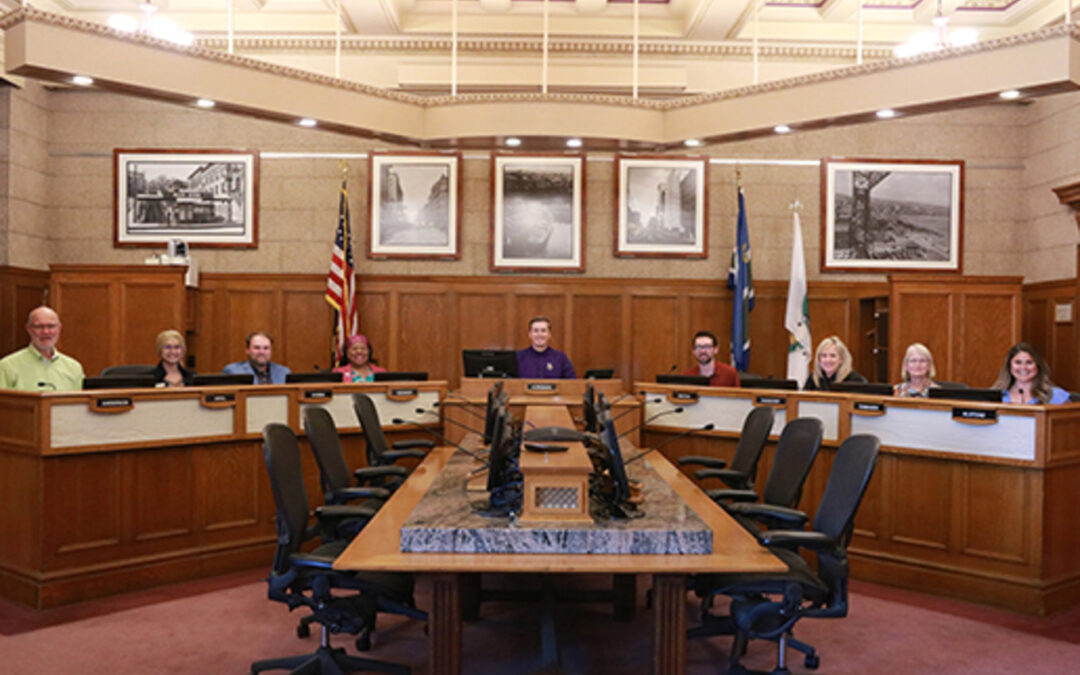Duluth may be in fourth place behind Minneapolis, St. Paul and Rochester when it comes to population. But the Lake Superior city came in first by far in holding the line on property tax rates for next year when compared to the other big three Minnesota cities.
While the other cities boosted their tax levies by up to 10 percent, Duluth city councilors passed a budget that effectively means city property taxes will remain flat for the first time in a decade, according to the News Tribune.
When it comes to the city’s share of property taxes, local homeowners stand to catch a bit of a break next year.
The Duluth City Council unanimously approved an ordinance Monday night that would boost the 2025 levy by 1.85% — an increase that should be almost fully covered by more than $789,000 in tax revenues to be generated by new construction this past year.
Mayor Roger Reinert hailed the budget for holding tax growth to essentially zero for owners of existing local properties that have not appreciated significantly in value — a feat last accomplished in 2014.
How did it happen? A big factor was the savings that followed years of restructuring and paying down a retiree health care benefit that once threatened to bankrupt the city. Duluth also benefits from $30 million in state local government aid. At the same time, the new mayor and city council members got back to funding and delivering the basic services residents count on.
Reinert praised the council for supporting a modest budget, noting that they had passed the first 0% tax increase in a decade and without the sort of controversy other cities have experienced
“We’ve refocused on effective and efficient core city services and the work that matters most to most Duluthians, and I thank you for your collaboration and partnership on that,” he said.
Yet local elected officials also found the funds to leverage a plan for probable efficiencies and savings down the road.
While holding the line on taxes, the 2025 budget also calls for significant reinvestment, with nearly $4.55 million set aside for capital expenditures, including the creation of a consolidated facility to more efficiently service the city’s fleet of vehicles and equipment. Reinert and city staff predict this shift toward centralization will result in ongoing operational cost savings for the city.
To his credit, Reinert was more than willing to give credit to his political partners in the process. Other DFL politicians looking for how to navigate the post-election landscape, even in a blue state, might well pay attention.
“I recognize that we don’t all share the same political viewpoints or approaches, but that’s okay. We’re still part of a team, and we work together to move Duluth forward,” Reinert said, expressing his appreciation for the checks and balances at play in local government.

